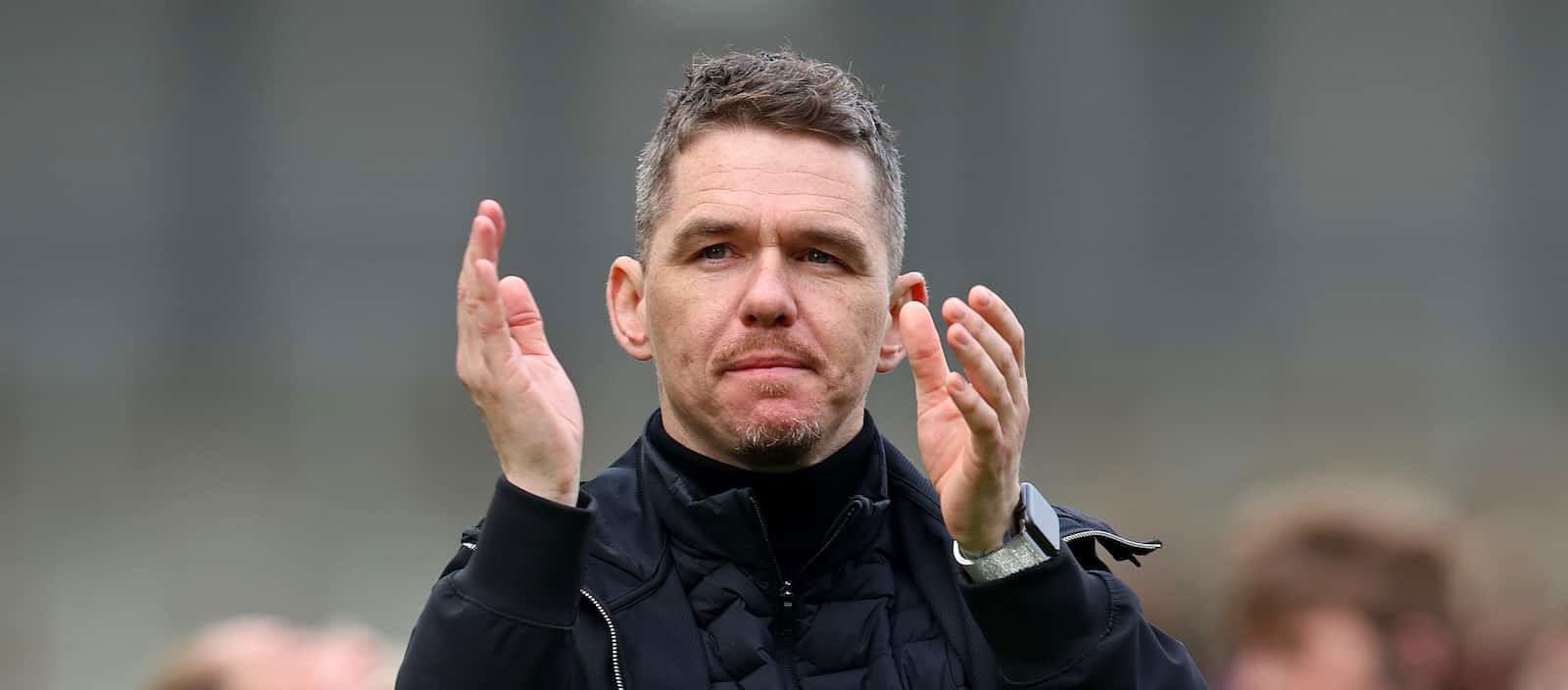After a protracted legal battle — involving dismissals, appeals and extradition from Romania — the co-founder of a California white supremacist group accused of inciting violence across the state will be freed from federal custody, a judge ruled Friday.
U.S. District Judge Josephine L. Staton sentenced Robert Paul Rundo to two years but said he would be released on time served. His federal public defender said he’s spent a total of 725 days in custody.
Rundo was originally arrested and charged in October 2018 for his role in the Rise Above Movement, or RAM, a group accused of brawling at political rallies throughout the state, according to a federal court filing.
A federal court judge twice dismissed the case, but it was revived by appeals courts, leading to Rundo’s extradition from Romania last year to face charges in California.
Rundo pleaded guilty in September to conspiracy to riot.
During the sentencing hearing Friday, Rundo, 34, stood before the judge, arms crossed behind his back. He told the judge that this did not only ruin his own life, “but ruined everyone’s life that was close to me.” He said his mother and sister had to hide photos of him and that old friends lost their careers for being associated with him.
“I hope to be able to move on from that time period and that mindset,” Rundo told the judge. “This process has taken nearly a decade out of my life. It’s a strong reminder to think before I speak and to think before I act.”
Robert Paul Rundo in an undated photo provided by federal authorities.
(Court Records)
The judge said of Rundo: “Even he seems to acknowledge that the white supremacist views that he had led him to violence.”
“The court does have to consider whether his present claim that he in some respects rejects those views is genuine, and I do hope he’s sincere about that, and I think he should be given the benefit of the doubt,” Staton said.
Staton gave Rundo two years of supervised release with conditions that include electronic monitoring and an order to stay away from RAM gatherings and known members.
In a sentencing memo, Rundo’s public defenders called the case “extremely unusual” and said it “has hung over Mr. Rundo like a dark cloud.”
Prosecutors acknowledged in a sentencing memo that years had passed since the criminal conduct in the case but maintained Rundo “has not renounced the violent extremist ideology that motivated that conduct.”
“This defendant sought to further his white-supremacist ideology by plotting riots and engaging in violence at political rallies,” U.S. Atty. Martin Estrada said in a statement. “Hate and violence are antithetical to American values and tear at our community. It is therefore critical that we protect the civil and constitutional rights of our community against those who promote divisiveness.”
Prosecutors and public defenders laid out Rundo’s path from Queens, N.Y., to co-founder of RAM in Southern California.
At 19, Rundo pleaded guilty to gang assault and was sentenced to two years in prison, according to sentencing memos. While incarcerated, prosecutors said, he tattooed the numbers “88” — a neo-Nazi symbol signifying “HH” or “Heil Hitler,” which he later referred to as a “symbols of white pride.” Rundo’s attorneys said he covered up the tattoo several years ago.
After he moved to California in 2016, Rundo’s attorneys wrote that he found a new community among members of the “alt right” and went on to co-found RAM.
According to Rundo’s plea agreement, the group “represented itself as a fighting group of a new nationalist white supremacy and identity movement.”

A federal judge sentenced Robert Paul Rundo, who co-founded a white supremacy extremist group, on Friday.
(U.S. Attorney’s office in Los Angeles/U.S. Attorney’s office in Los Angeles)
“While their views would be described as militant, white nationalist, racist, and “alt right,” it should be remembered that Mr. Rundo is not charged with a hate crime,” Rundo’s attorneys wrote in their memo.
Rundo and other members attended rallies “with the intent to provoke and engage in violent physical conflicts,” according to the plea agreement.
Rundo admitted to attending a Huntington Beach rally on March 25, 2016, where he and others “pursued and assaulted” people, including one protester he tackled and punched multiple times.

Multiple fights break out between Trump supporters and anti-Trump protesters in Berkeley on April 15, 2017.
(Josh Edelson / AFP via Getty Images)
Rundo also admitted to attending two other rallies, one in Berkeley on April 15, 2017, and another in San Bernardino on June 10, 2017, according to the agreement.
Rundo was originally charged and arrested in October 2018, alongside two other alleged members, Boman and Tyler Laube of Redondo Beach.
Judge Cormac J. Carney at least twice dismissed charges against Rundo and Boman, at one point finding that the men were being selectively prosecuted, while “far-left extremist groups, such as Antifa” were not. The U.S. 9th Circuit Court of Appeals in July rejected that finding.













